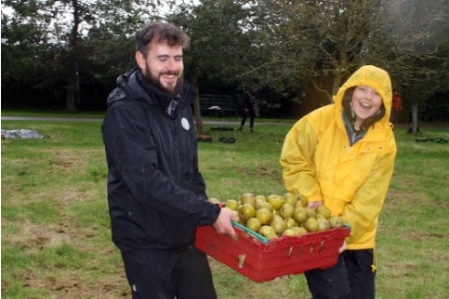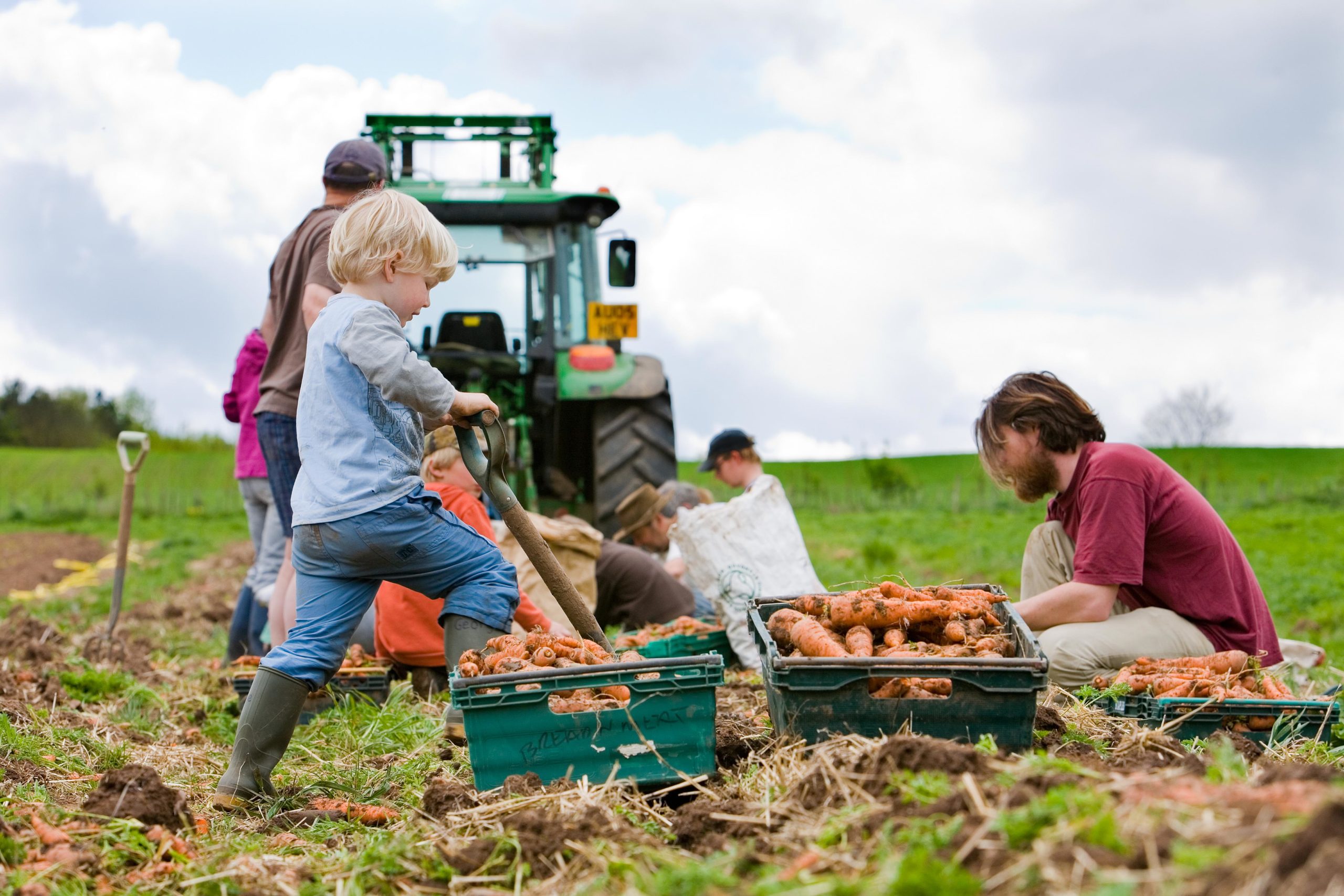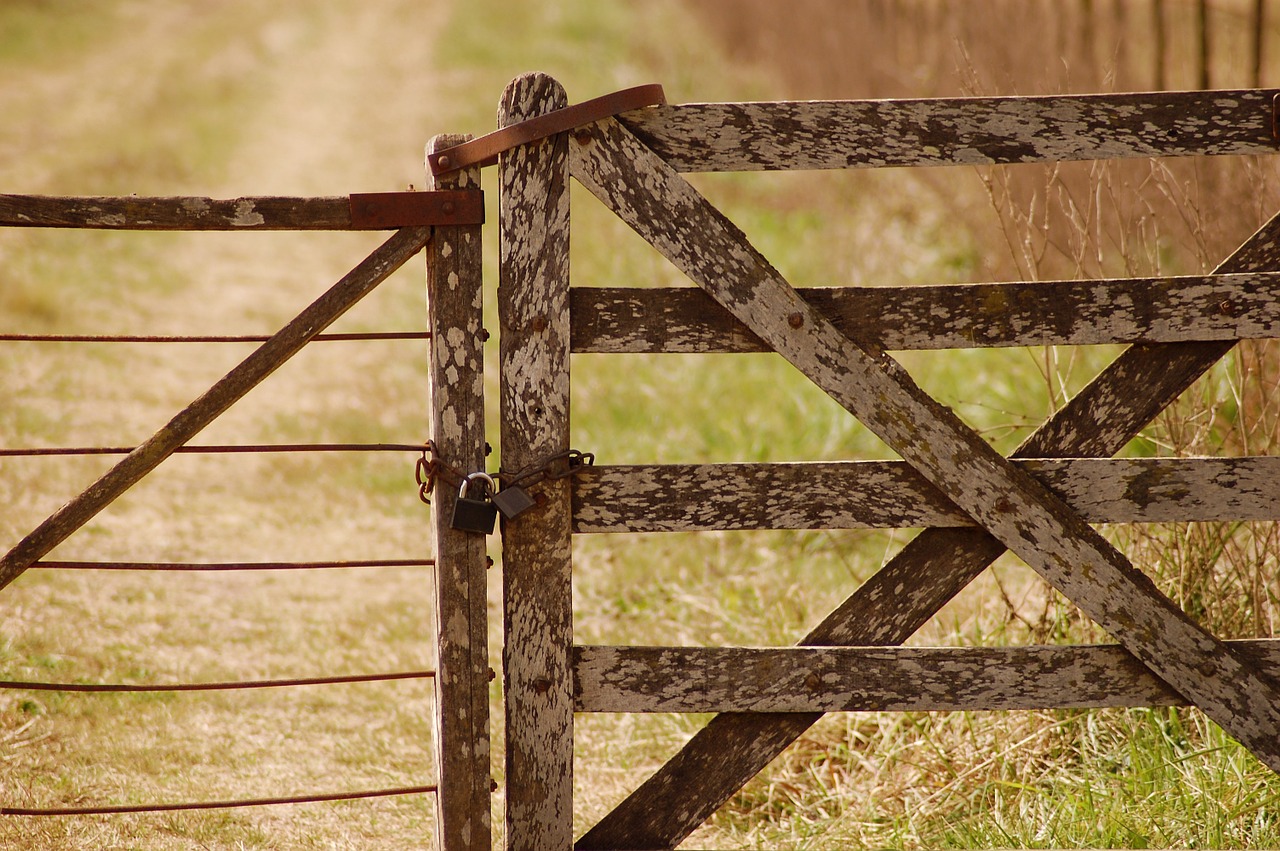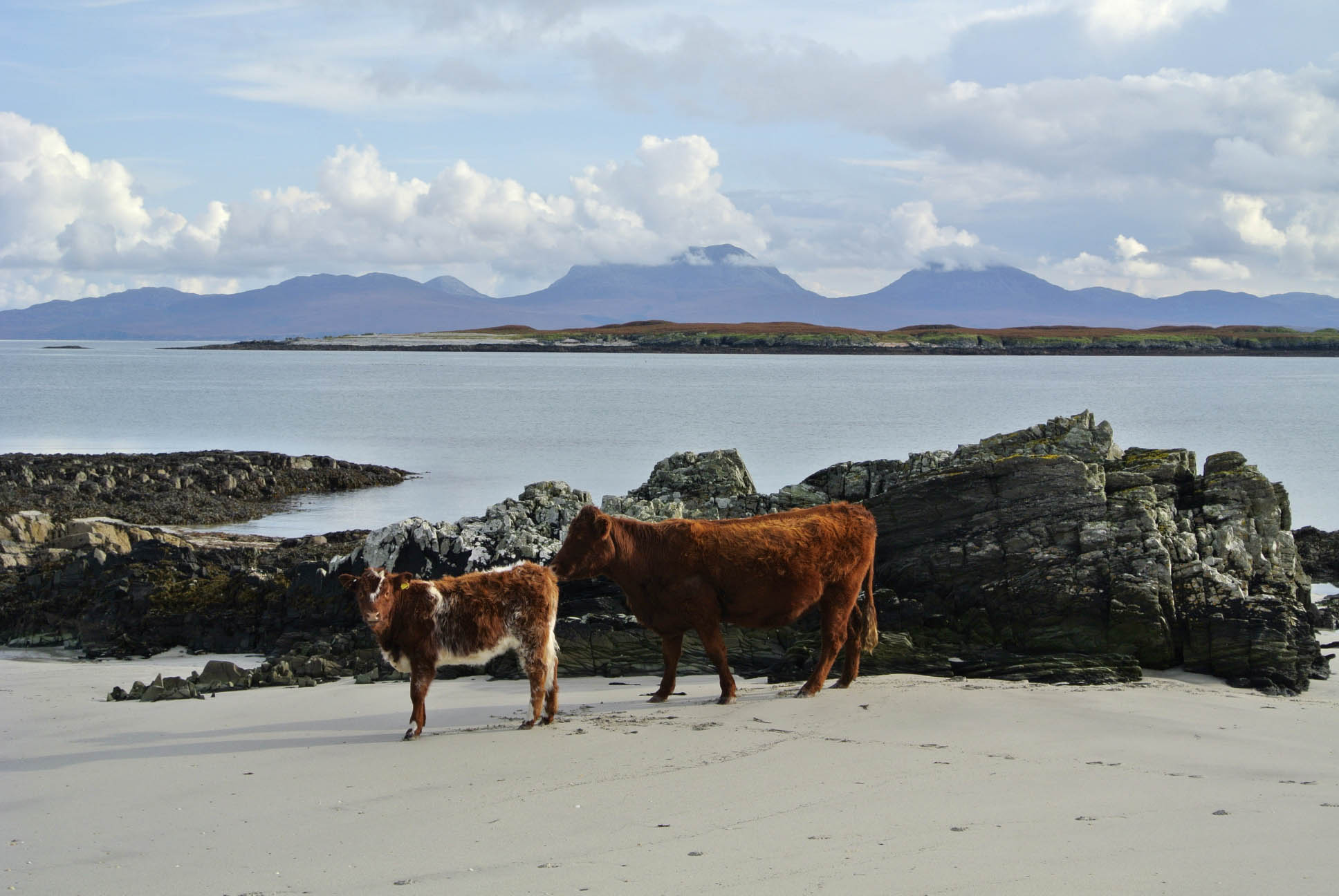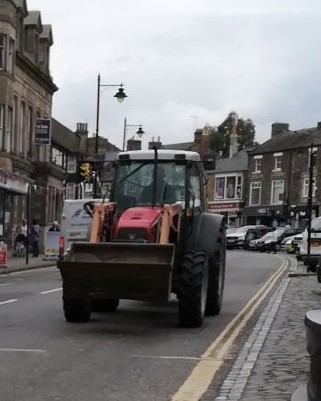Hosted by Feedback with Food Works, Sheffield and the Open Kitchen Manchester.
What role does locally-owned redistribution and food entrepreneurship play? A discussion about access and changing environments from food deserts and swamps to food oases.
An opportunity to have a conversation with a wide range of people on the subject of changing the nationalised food system to a more regionally-focused, people-centred one. Is this possible? How can we get locally-based growers and food producers more embedded into the food economy? What are the challenges and what are the opportunities?
The recent Covid-19 pandemic demonstrated how fragile our centralised food supply systems are. Brexit will bring new challenges. Is it time to do things differently? This session will posit various questions and scenarios and invite participants to help co-create an ambitious Plan B that offers a practical vision for food redistribution, both surplus and first harvest, to support a regional food economy and sustainable menus for the north.
We think this may be of interest to: growers and farmers who would like to provide a direct supply to communities; food citizens who want to find out how they can support local supply chains; anyone who eats and cares where it comes from!
Speakers/hosts:
Lucy Antal is Project Manager at Regional Food Economy NW. In this role, Lucy has created the Alchemic Kitchen, a social enterprise using surplus food and turning it into new products, as well as creating the food partnership the Knowsley Kitchen, which seeks to improve access to fresh food for everyone in that borough. She is an active participant in the Sustainable Food Cities Network, Co-founder of the Knowledge Quarter Sustainability Network and supported the creation of the AgroEcoCities European Network. Lucy held the post of Sustainable Food City Liverpool Coordinator for the Liverpool Food People project. She spent 10 years working in food and hospitality within London, before working for 13 years as Operations Manager & Project Developer for environmental charity the National Wildflower Centre. Lucy chairs the Alexandra Rose Voucher project steering group in Liverpool.
Jessica Sinclair Taylor is Head of Communications and Policy at Feedback. Jessica is a communications specialist and has extensive experience of campaigning and communicating on various issues including child poverty, ethical banking, women’s rights, climate change and development, working for the Fawcett Society, Move Your Money UK, the Overseas Development Institute and the Child Poverty Action Group. She was also a Fulbright Fellow. Jessica plans how Feedback can spread the word on the challenge our current food system poses to our environmental sustainability and climate, and our hard-hitting campaigns to tackle it. Spokesperson on: waste in supply chains; supermarket food waste scorecard; misleading labelling; fish farming.
Corin Bell founded Open Kitchen MCR (formerly Real Junk Food Manchester) in 2014. She is a project manager and campaigner who has worked with the community, charity, public and private sectors on projects around sustainability, environment, food waste and plastics reduction for over 10 years.
Rene Meijer joined Food Works Sheffield when it was founded in 2015 as ‘The Real Junk Food Project Sheffield’ and is the current CEO. Food Works is a social enterprise that aspires to create a more sustainable and fair food system in Sheffield. Food Works prevents up to a tonne of surplus food from going to waste every day, working with a small team of staff who support around 200 volunteers. This food is used to provide meals in community cafes, a daily food market, educational programs and public and private events. In total Food Works provides the equivalent of more than half a million meals per year while saving the same amount of carbon as sequestered by 30,000 trees. Rene moved to the UK from the Netherlands in 2004. Before joining Food Works he worked as a project and change manager in education, most recently for the University of Sheffield and the University of Derby.

